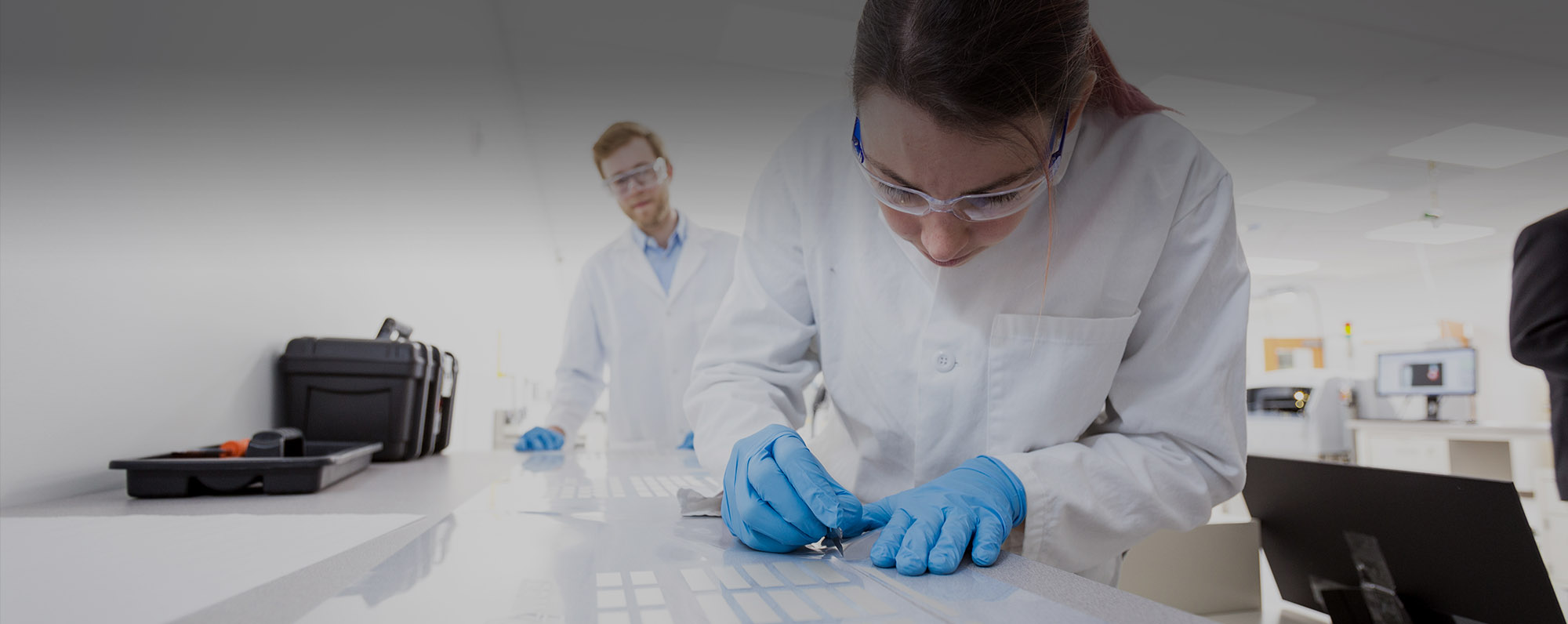
Electrochemical capacitors, or supercapacitors, are devices in which energy is stored electrostatically on the interface between an electrode and an electrolyte solution. This purely physical mechanism enables much faster charge/discharge rates and longer cycle life compared to batteries, which are limited by the kinetics and potentially detrimental byproducts of chemical reactions. However, supercapacitors remain inferior to batteries when it comes to the amount of energy that can be stored per unit mass or volume.
To address this, one strategy is to make electrodes out of ultra-porous materials to maximize the interfacial area over which charge is stored. My research focuses on carbonaceous aerogels derived from organic precursors, which can have surface areas on the order of 1000 m2/g, as a candidate electrode material. I am studying the electrochemical effects of loading such aerogels with graphene, a form of carbon whose extremely high electrical conductivity would conceivably minimize resistance and maximize rate capability. Ultimately, I hope to establish correlations between graphene aerogel processing methods and supercapacitor performance metrics.
Advisor: Peter Pauzauskie



